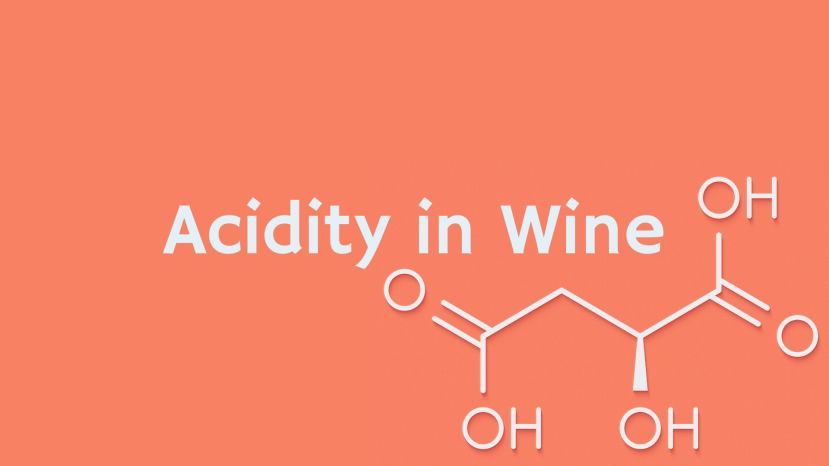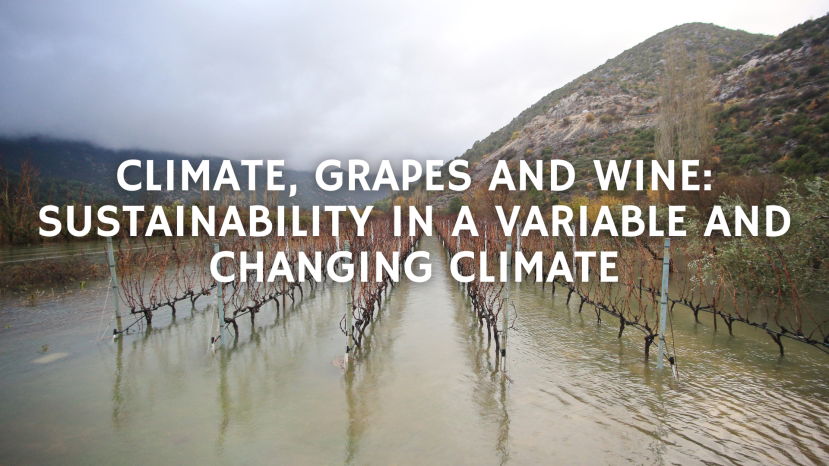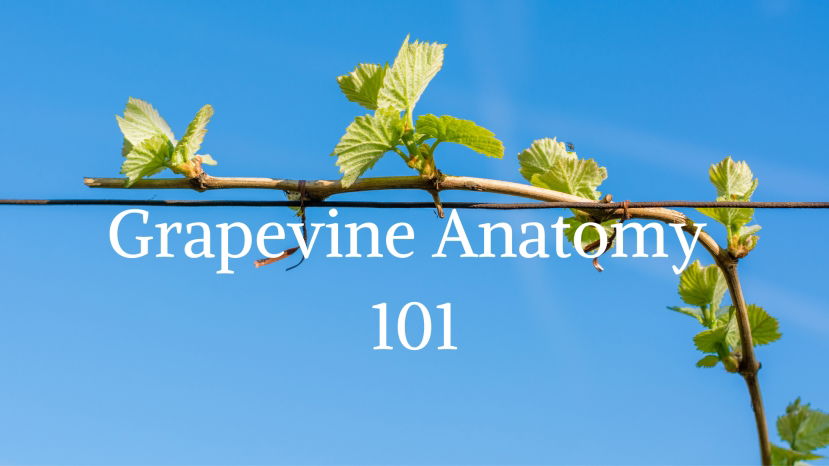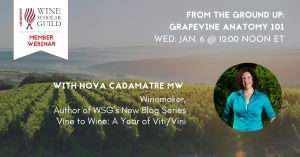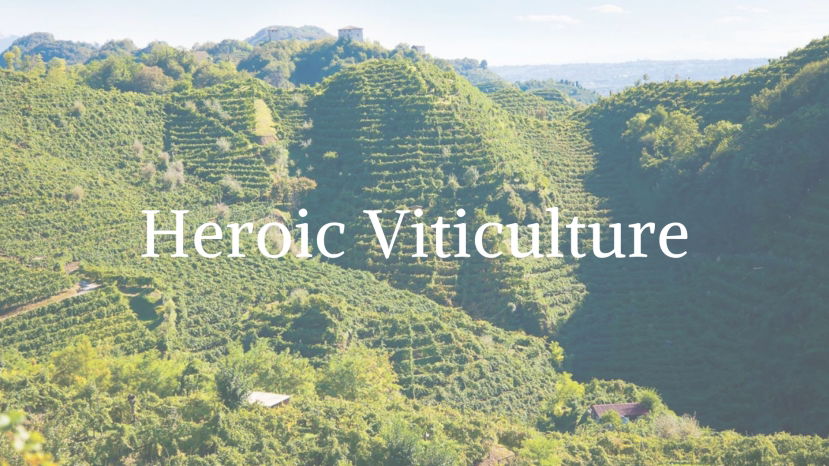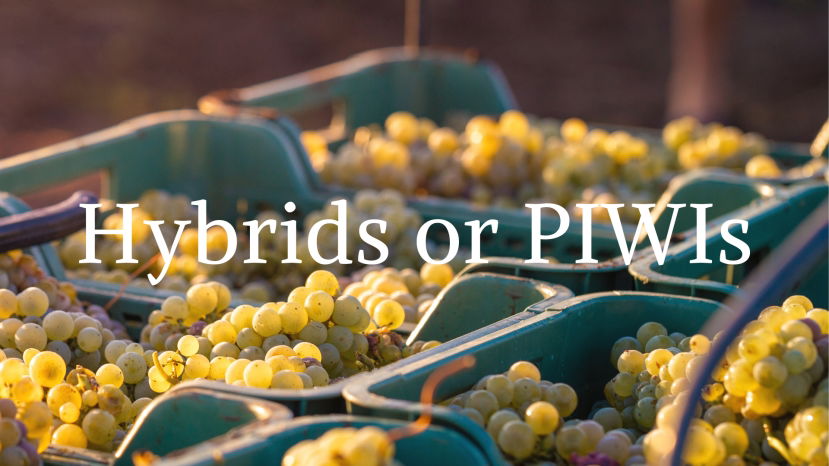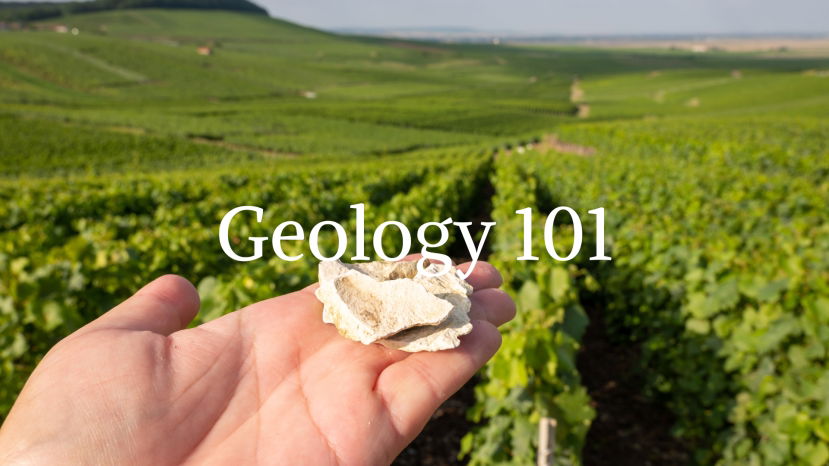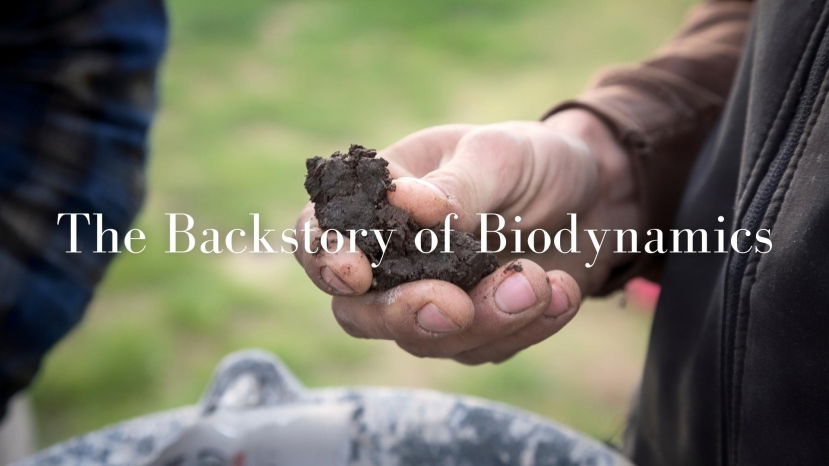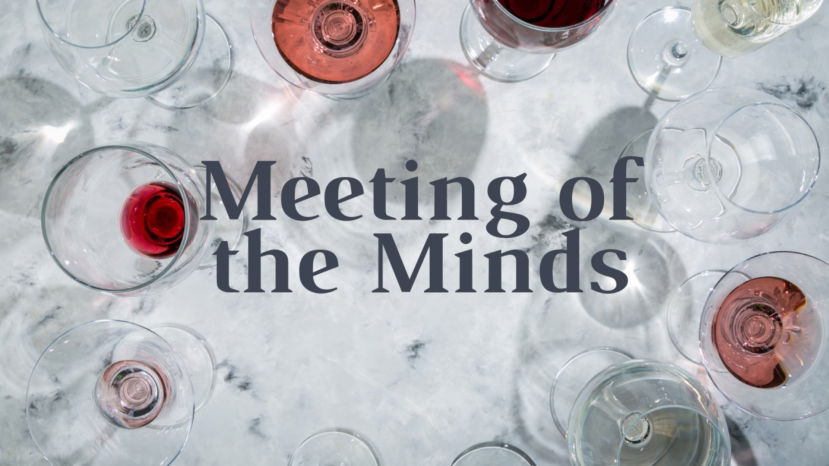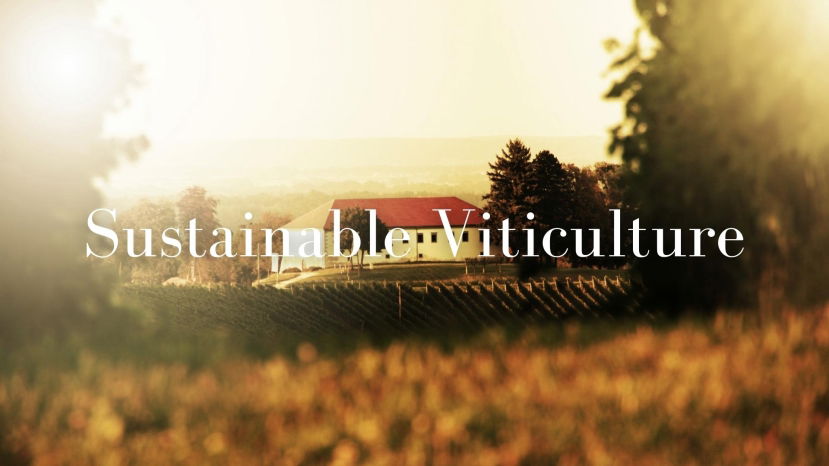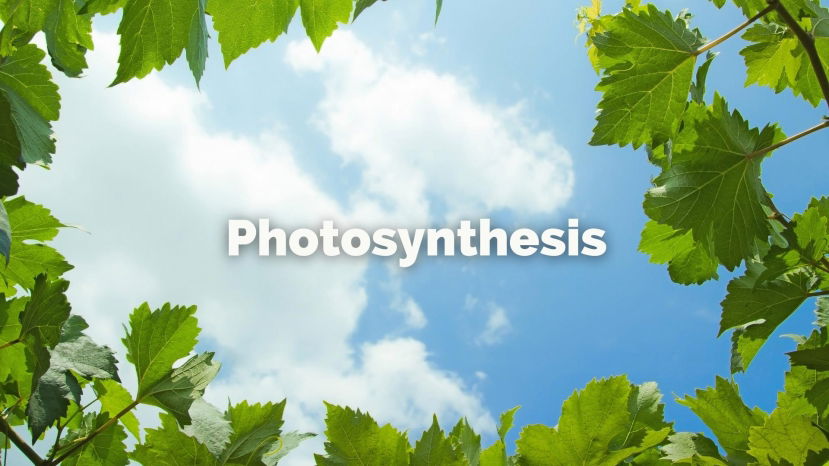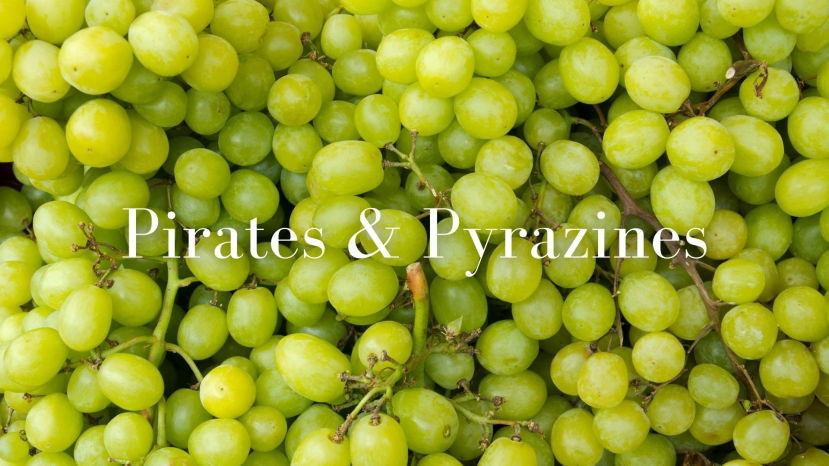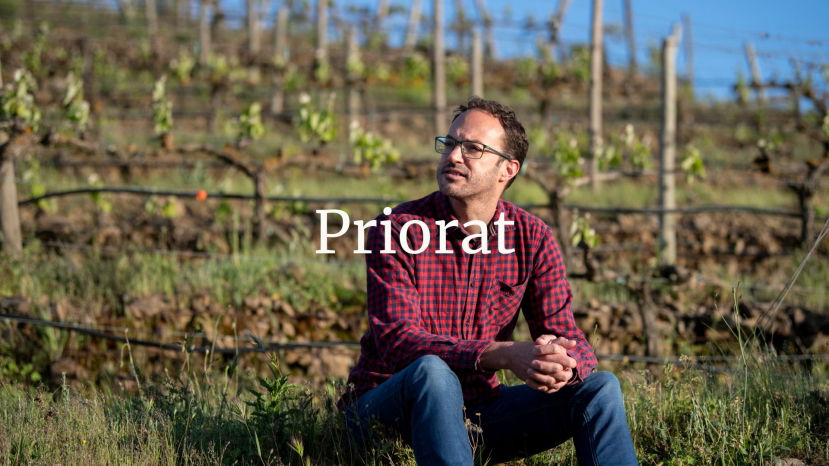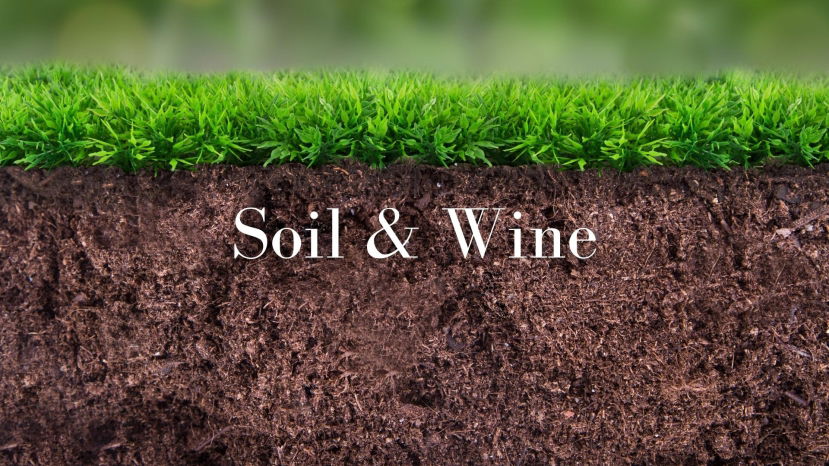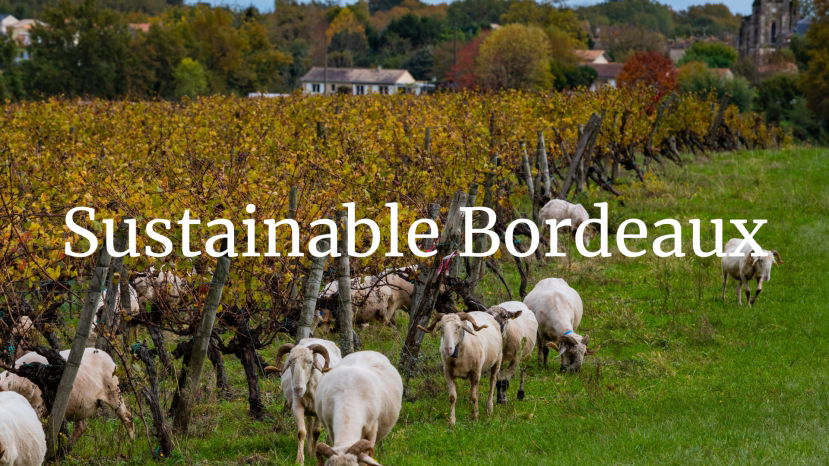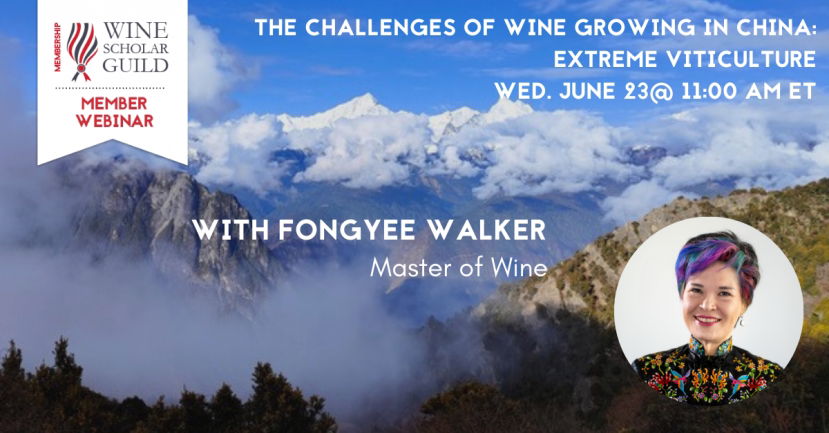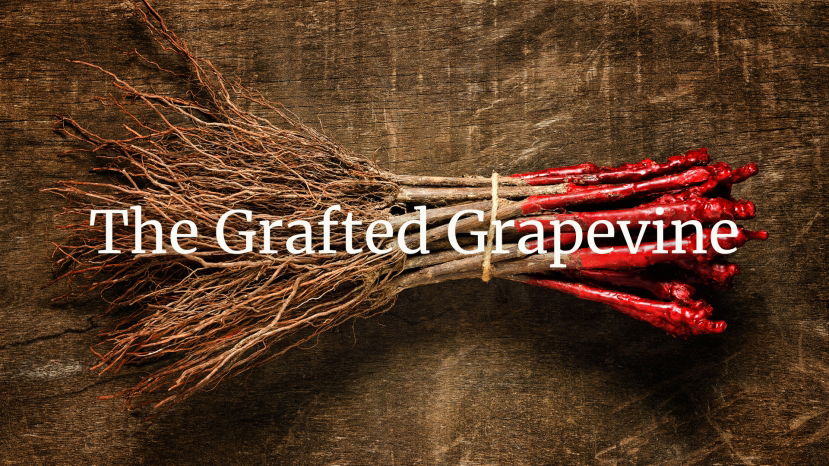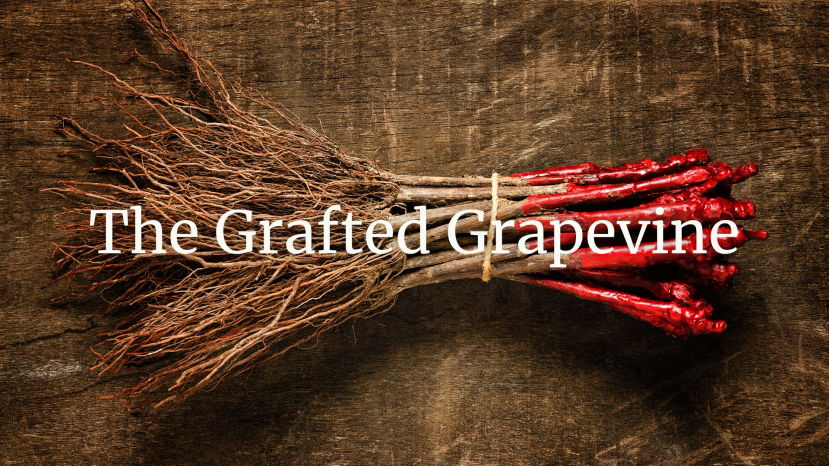BLOG
viticulture
Summary: Regenerative agriculture is a conservation and rehabilitation approach to food and farming systems. It focuses on strengthening the health and vitality of farm soil, increasing biodiversity above and below ground, improving the water cycle, enhancing ecosystem services, supporting carbon sequestration, and increasing resilience to climate change. Regenerative viticulture is farming vineyards based on the understanding that the health and
Summary: Join vigneron Olivier Humbrecht MW, of the famed estate Zind Humbrecht in Alsace, for a deep dive into one of the key building blocks of wine: acidity! In this WSG Live, you will learn about: The different types of acids found in grapes and wine and their sensory perception How to not only quantify but qualify acidity in wine The viticultural factors influencing
Summary: Climate is a pervasive factor in the success of all agricultural systems, influencing whether a crop is suitable to a given region, largely controlling crop production and quality, and ultimately driving economic sustainability. Climate’s influence on agribusiness is never more evident than with viticulture and wine production where climate is arguably the most critical aspect in ripening fruit to optimum characteristics to produce a given
Summary: In this webinar, Nova Cadamatre, MW and winemaker, will deliver a grapevine anatomy lesson and discuss how growing conditions impact the vine. If you ever wished you knew a little more about how heat, wind, drought, rain, and cloud cover impact photosynthesis, why hot vintages produce “green” wines, and what it takes to make a good vintage…this “bud” is for you. WSG launches “Vine to Wine,” an exciting,
Summary: In this WSG Live, Nova Cadamatre, MW and winemaker, will deliver a grapevine anatomy lesson and discuss how growing conditions impact the vine. If you ever wished you knew a little more about how heat, wind, drought, rain, and cloud cover impact photosynthesis, why hot vintages produce “green” wines, and what it takes to make a good vintage…this “bud” is for you. Presenter: Nova Cadamatre Nova Cadamatre is a winemaker, writer, and blogger. As one of the
Summary: In this WSG Live, we will explore the great wines of Europe crafted in some of the most intense situations. Appellations such as: Valtellina, the Mosel, the Cinque Terre, Lanzarote, and more! Join us to explore the magical house of cards which allows these wines to exist under such extreme circumstances: terroir conditions, human ingenuity and passion. Discover the serendipity
Summary: Have you ever tasted a Souvignier Gris, a Solaris or a Bronner? What about Regent, Cabernet Cortis or Rösler? These are just some of the disease-resistant varieties that have been bred over the last few decades from complex crossings of vitis vinifera cultivars with American sub-species such as vitis labrusca, vitis riparia or vitis rupestris. What started as a crude exercise in creating new plant material in the wake of the turn-of-the-century phylloxera
Summary: This webinar will dig into the basics of rocks and soil, and their respective roles in defining a site’s terroir. This discussion will give you the terms, tools, and scientific foundation to discuss terroir like a pro. We will explore the different types of rocks, how they form, and in which wine regions across the globe you can expect to find them.
Summary: An understanding of what biodynamics is and why it has so many young followers today begins with a look at history and the question of why Rudolf Steiner's impulse came about in Germany, in 1924, during the interwar years. The questions that farmers asked themselves then are as relevant today as they were then and have a lot to do with the fertiliser issue. In this webinar, we will take a look at this history and what is modern about the 100 year old
Summary: No one who has visited the classical vineyards of the Mosel, the Douro or Cote Rotie will ever forget the often dizzying experience of their steep slopes and tiny terraces – but these astonishing sites are also workplaces, too. What are these vineyards like to work? How profitable are they? Is the younger generation ‘heroic enough’ to follow their forbears up the steep paths? Should there be a ‘heroic
Summary: Do you prefer Rieslings that are floral or fruity? Or do you appreciate an Old World style of Riesling with a petrol character?Regardless of your preference, the characteristics of the wines you enjoy come from the vineyard. Climate, site, and vineyard management practices directly impact the production of specific flavors and aromas in wine grapes. In this session you will learn how the unique Riesling qualities you value are produced in the vineyard and
Summary: There is growing worldwide awareness of the need for sustainable viticultural practices. In France, the most widely accepted strategy is termed la lutte raisonnée, a flexible approach implying reduced use of chemicals, yet without specific criteria. Vineyards employing organic cultivation or la culture biologique are increasing yet remain limited as a share of the total. Growers who claim “bio” status on their labels are subject to official standards and certification.
Summary: The basic principle is that of simple alchemy: the vine turns sunlight into wine. Yet there are a host of variables that impact the production of sugar in the leaf, the translocation of those sugars to the grape and the ripening of the fruit. Several key growing season variables impact sugar production. Learn how clouds, wind and temperature determine “just how sweet is all is”…in the end. Presenter: Lisa Airey Lisa M. Airey, FWS, CWE has
Summary: Ever wonder how those hints of green bean, bell pepper, jalapeño and celery stick got into the wine?It’s a fascinating story of insatiable, greedy-gut pirating, Mother Nature’s grand design for consummate fertility and the vigneron’s attempt to farm for flavor. Guess who wins? Presenter: Lisa M. Airey, FWS, CWE has thirteen years of experience selling wine at the wholesale level and in training both the sales force and wait staff. She sat on the
Summary: Rick's Pick: University of Tarragona instructor and winemaker, Antoni Sanchez-Ortiz focuses on climate change and how viticulture must adapt in Spain’s DOQ Priorat region. The mesoclimate determines climatic differences due to the topography of the Priorat and that give rise to local modifications or changes that can affect to more or less ample extensions. Factors that
Summary: What is the relationship between soil properties and wine characteristics – cause and effect or cause of confusion? There is a broad divide separating scientists from traditional winegrowers. The vital facts concerning soil structure and chemistry are identified and compared to intuitive claims by vignerons. The seminar explores issues such as permeability and aeration and the critical question of water availability to the vine. Key elements including potassium, nitrogen
Summary: The city of Bordeaux has recently been governed by a green mayor, more than 14,000 hectares of vineyards are certified organic or are being converted, and biodynamics is experiencing great popularity.In the Gironde region, too, it has been realized, not least after various pesticide scandals, that neither people nor the environment can be poisoned for a luxury product like wine. In this webinar, we want to get to the bottom of the efforts for more
Summary: From the climate to legislation, from equipment to personnel, growing and making wine in China has unique challenges to overcome. This webinar will delve into the trials and rewards of producing great wine in China, looking at 5 of the major growing regions, while outlining the history of viticulture in China and throwing light on the position that grape wine holds in Chinese culture both now and in the past. Presenter: Fongyee Walker MW Fongyee
Summary: THE GRAFTED GRAPEVINE (a three-part series) Welcome back to our three-part viticultural series that takes a deep dive into the grafted grapevine. Thomas Dormegnies, of the highly respected Berillon Nursery in France, will share his expertise and experience to help you discover how grafted grapevines are produced, the impact of high-quality vine plant material on viticulture, how diversity
Summary: THE GRAFTED GRAPEVINE (a three-part series) We are thrilled to present you a three-part viticultural series that will take a deep dive into the grafted grapevine. Thomas Dormegnies, of the highly respected Berillon Nursery in France, will share his expertise and experience to help you discover how grafted grapevines are produced, the impact of high-quality vine plant material on viticulture, how diversity and sustainability in the vineyard starts from the


